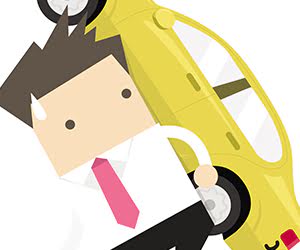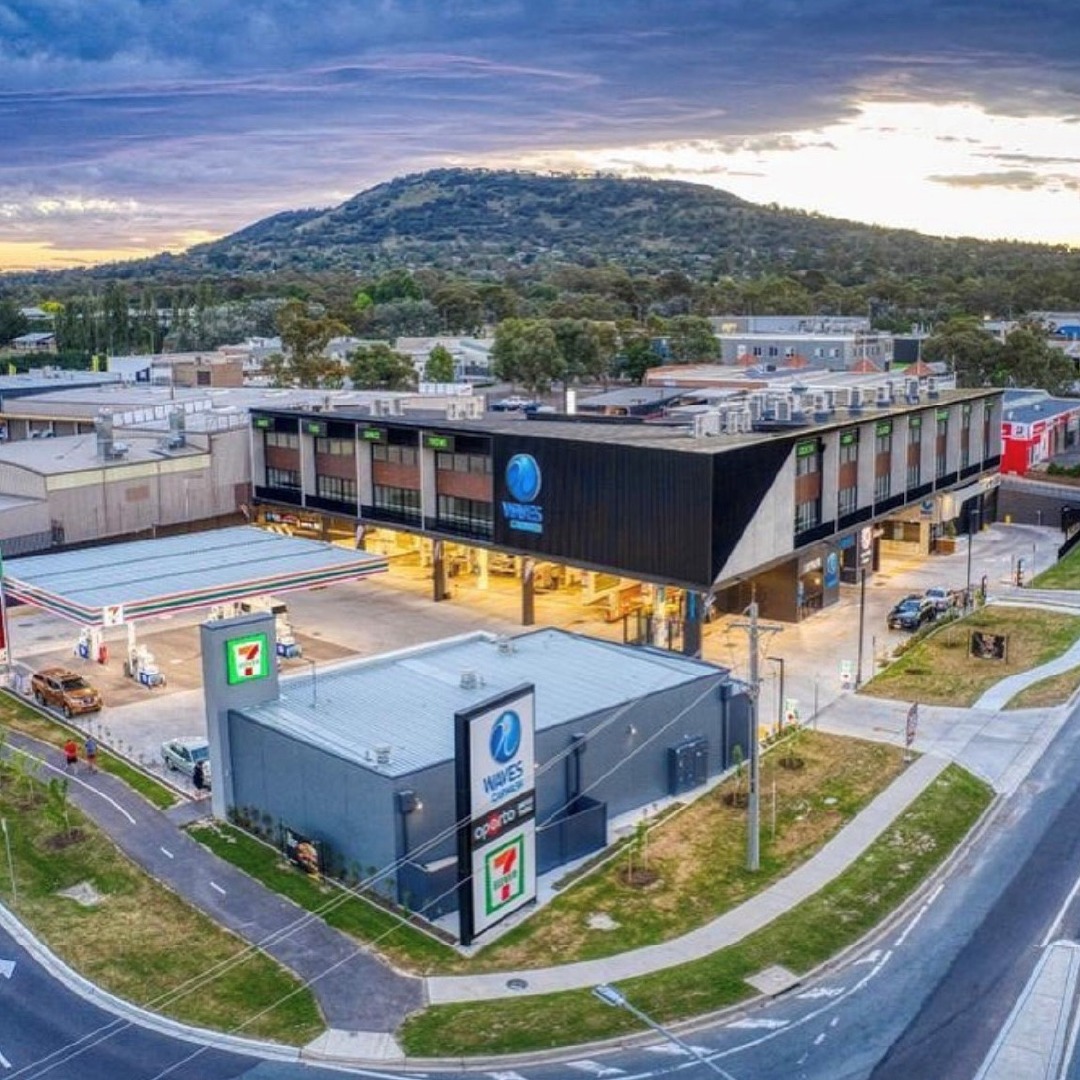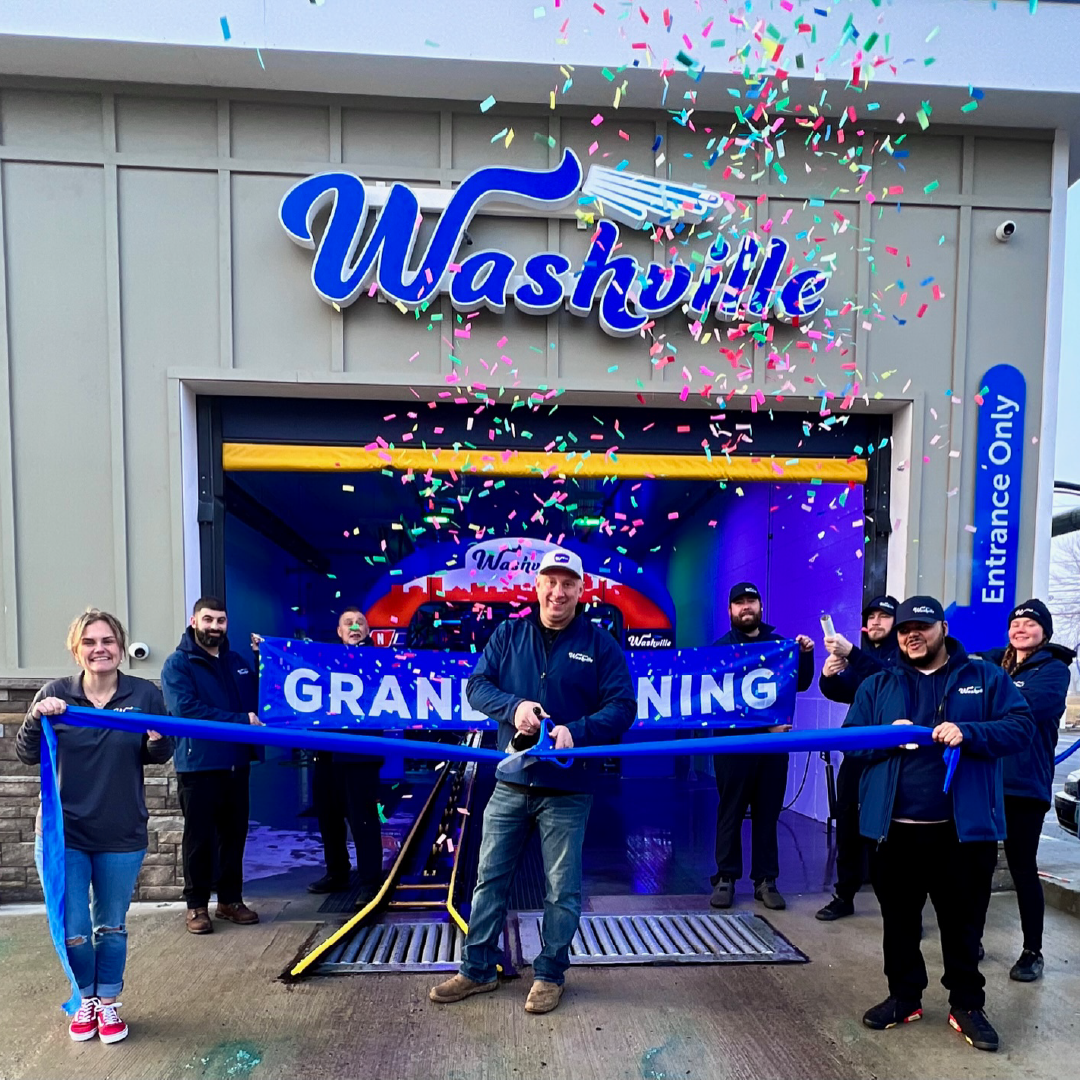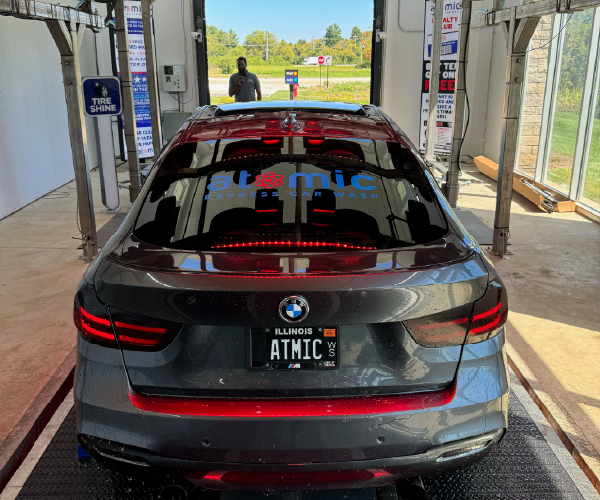
Car Ownership Sentiment Fueled by Debt
October 17, 2019
4 minute ReadWhen sales of new cars in the United States dipped in 2017, ending a seven-year run of gains, someindustry experts wondered aloud whether millennials and other young Americans were souring on the idea of carownership. With ride-hailing apps like Uber and Lyft proving increasingly popular, it was fair to ask whether owninga car was becoming uncool.
But according to Kelsey Mays, senior consumer affairs editor for Cars.com, car wash operators needn’t worryabout ride-hailing apps leading to fewer cars going through the tunnel. From Oct. 9-11, Cars.com surveyed 1,200adults in six major markets – Portland, Ore.; Hartford, Conn.; Raleigh, N.C.; Albany, N.Y.; Los Angeles andPittsburgh – about their use of ride-hailing apps, and the results should encourage car manufacturers and carwash operators.
Mays said 78 percent of respondents thought of their cars as their personal space, almost half considered their carto be an extension of themselves and their homes, and almost one-quarter said they thought others would think lessof them if they didn’t have a car. Forty-two percent of respondents said they had used Uber or Lyft, but thathigh adoption rate doesn’t necessarily mean consumers don’t have or want to own cars, Mays said.
He said the main things preventing many millennials from buying cars include high prices, fewer incentives frommanufacturers and dealers and a credit market that is tightening as interest rates go up. But one factor standsout.
“The elephant in the room is student loans,” Mays said. “People are coming out of college owingmassive debt, and that is forming much more of an impediment to car ownership than changing attitudes about cars. Towhat extent are people making the lifestyle decision to stop driving a car and just use Uber or Lyft? Certainly,that’s happening some in the heavily urban areas, but overall, the data doesn’t really support that.”
Ellen Edmonds, spokeswoman for the American Automobile Association, said that while ride-hailing services may becheaper than taxis, they still are too expensive for most people to use them exclusively. And in rural areas, theretypically are fewer Uber and Lyft drivers, wait times for pickup often are longer, and trips can be more costlybecause destinations are spread out over a large geographic area, all of which means owning a car still is anecessity.
“In population-dense metro areas where vehicle ownership has always been very costly, some may elect to foregovehicle ownership altogether,” she said. “However, in the vast majority of urban areas, the convenienceof vehicle ownership still comes at a lower cost than using ride-hailing as a full-time replacement. As for ruralareas, there is rarely a choice since transportation options are generally rare or nonexistent.”
Mays said that with young Americans devoting so much time to social media, some in the auto industry have theorizedthat face-to-face communication with friends is less important to them, so having a car is less vital. But inreality, Mays said, with the price of a new car averaging more than $35,000, many would-be drivers are simply pricedout of the market. Higher car prices have led many consumers to keep their cars longer, according to the FederalHighway Administration’s 2017 National Household Travel Survey. The data show that 19.7 percent of cars on theroad are 20 years old or more, and 14.2 percent are 15 to 19 years old. That is an unattractive data point for carwashes that depend on customers wanting to keep their new cars clean.
“A lot of the stuff forcing people out of the new- or used-car markets has to do with vehicle affordability,”Mays said.
Keeping Cars Longer
Most cars in the United States have been on the road for quite a while, according to the Federal HighwayAdministration’s 2017 National Household Travel Survey.
0 to 2 years
13%
3 to 5 years
18.7%
6 to 9 years
19.4%
10 to 14 years
25%
15 to 19 years
14.2%
20 or more years
9.7%
Staying Nearby
Most vehicle trips made by American drivers are within just a few miles of home, according to the 2017 NationalHousehold Travel Survey, highlighting the importance of location for car washes and other businesses.
31 miles
5%
21 - 30 miles
5%
16 - 20 miles
5%
11 - 15 miles
8%
6 - 10 miles
17%
5 miles
6%
4 miles
8%
3 miles
10%
2 miles
14%
1 miles
16%
Less than .5 miles
5%
Full Garages
Most American households own more than one vehicle, according to the 2017 National Household Travel Survey.
0 Vehicles
0.4%
1 Vehicles
24.7%
2 Vehicles
38.3%
3 Vehicles
21.2%
4 Vehicles
9.7%
5 Vehicles
3.7%
6 Vehicles
1.1%
7+ Vehicles
0.8%
Here are some key takeaways from the American Automobile Association’s 2014-15 American Driving Survey, which was released in September 2016:
In 2014 and 2015, 87.5 percent of U.S.residents ages 16 and older said they drove at least occasionally.
These drivers reported spending an average of 47.1 minutes driving and drive an average of 29.8 miles daily, or 294 hours and 10,874 miles annually.
On any given day, roughly one-thirdof drivers did not do any driving.
Drivers reported spending an average of 68.4 minutes driving anddriving an average of 43.2 miles on days when they drove.
Drivers reported making an average of 2.1 driving trips per day,with women making slightly more trips than men. But men drivean average of 2,314 more miles per year than do women.
The majority of all driving (66.2 percent of totaltrips and 61.9 percent of total miles) is done bysolo drivers with no passengers
Drivers ages 75 and older reported driving the fewestmiles, an average of 5,840 annually. On any given day,nearly half of these drivers do not do any driving.







